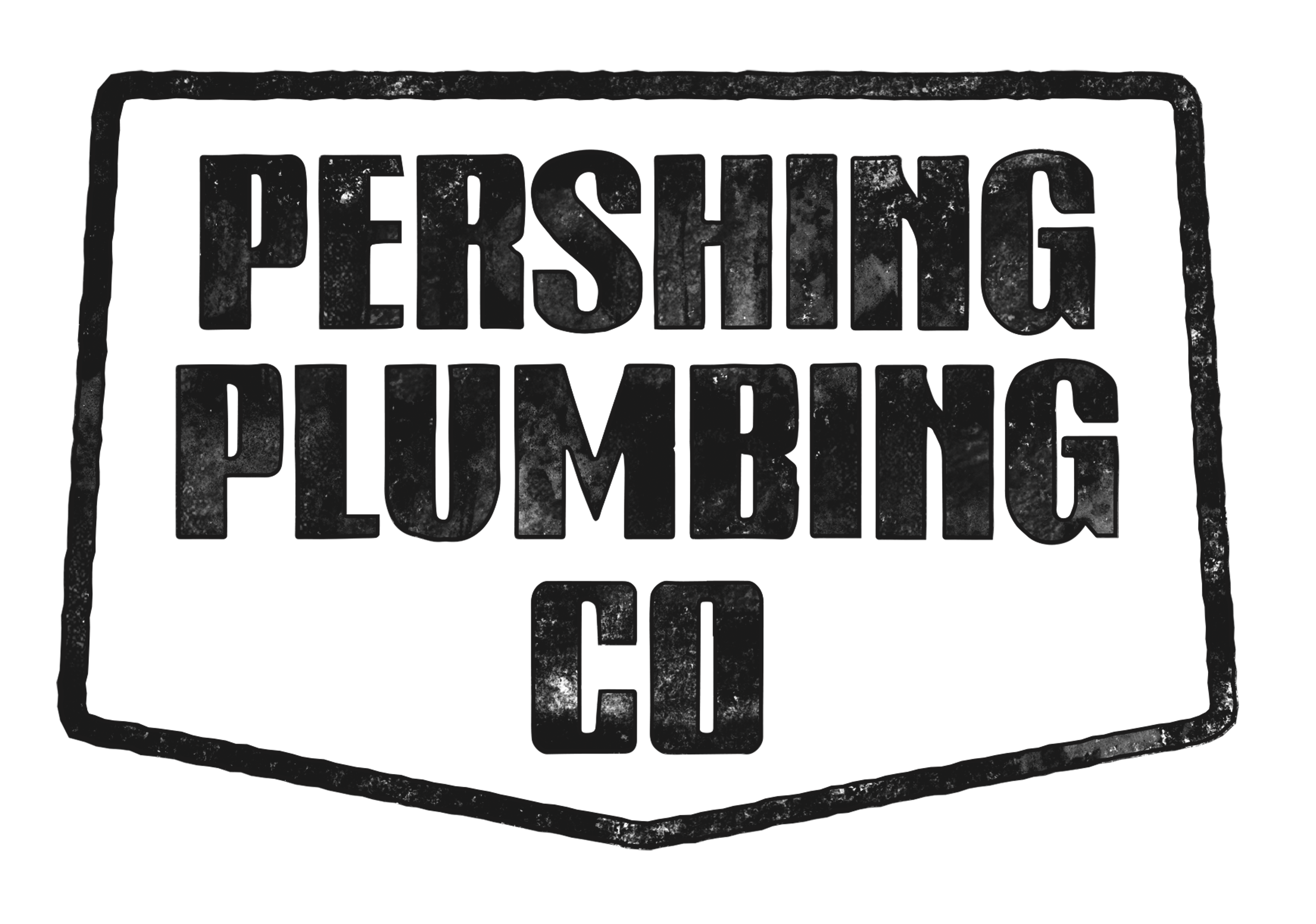Water quality plays a vital role in our daily lives, and one common issue many homeowners face is hard water. Hard water contains high levels of minerals, such as calcium and magnesium, which can have various effects on our household appliances, skin, and overall water usage. In this blog, we will explore different indicators and methods to help you determine if you have hard water, providing new ideas and advice to identify and address this common concern.
- Visual Signs: One of the easiest ways to detect hard water is through visual signs. Check for mineral buildup or scaling on faucets, showerheads, and other fixtures. These deposits appear as white, crusty residue that can be challenging to remove. Additionally, observe cloudiness or spots on glassware and dishes after washing. These signs indicate the presence of minerals in your water supply.
- Soap Scum and Lathering Issues: Hard water interferes with soap’s ability to lather properly, leading to difficulties in creating a rich, foamy lather while bathing or washing hands. Notice if you consistently need more soap to achieve satisfactory lathering, or if soap leaves a sticky residue on your skin or hair. Soap scum accumulation in bathtubs or sinks is another telltale sign of hard water.
- Skin and Hair Concerns: Hard water can negatively impact your skin and hair. If you experience dry, itchy skin or notice an increase in hair frizz and dullness, hard water might be the culprit. The minerals present in hard water can strip away natural oils, leaving your skin and hair feeling dry and unmanageable. Pay attention to any changes in these areas and consider the possibility of hard water.
- Laundry Troubles: Hard water can affect the cleanliness and appearance of your clothes. Look out for clothes that appear dull or discolored even after washing. Hard water can also make it challenging to remove stains, causing them to set in and become more persistent. If you notice your laundry not coming out as clean or bright as expected, it may be due to hard water.
- Reduced Appliance Lifespan: Mineral buildup from hard water can affect the efficiency and lifespan of household appliances that come into contact with water regularly. Check your dishwasher, washing machine, and water heater for signs of scaling or decreased performance. Hard water can lead to clogged pipes, decreased water flow, and even the need for more frequent repairs or replacements.
- Water Testing Kits: For a more accurate assessment, consider using a water testing kit designed to measure water hardness. These kits are readily available at hardware stores or can be ordered online. Follow the instructions provided to collect a water sample and analyze the results. Testing kits provide specific measurements and information about the mineral content in your water, helping you make informed decisions.
- Professional Water Testing: If you prefer a comprehensive evaluation of your water quality, contact a professional water testing company. These experts can conduct a detailed analysis of your water supply, identifying not only the hardness but also other potential contaminants. They can provide you with a comprehensive report and recommendations for suitable water treatment solutions tailored to your specific needs.
Conclusion
Identifying whether you have hard water is crucial for maintaining the efficiency of your appliances, preserving the quality of your skin and hair, and ensuring a clean and comfortable living environment. By paying attention to visual signs, soap performance, skin and hair concerns, laundry outcomes, and appliance performance, you can gauge the likelihood of hard water. Consider using water testing kits or consulting professional water testing services for a more accurate assessment. Armed with this knowledge, you can take appropriate measures to address hard water issues and improve the overall quality of your water supply.

